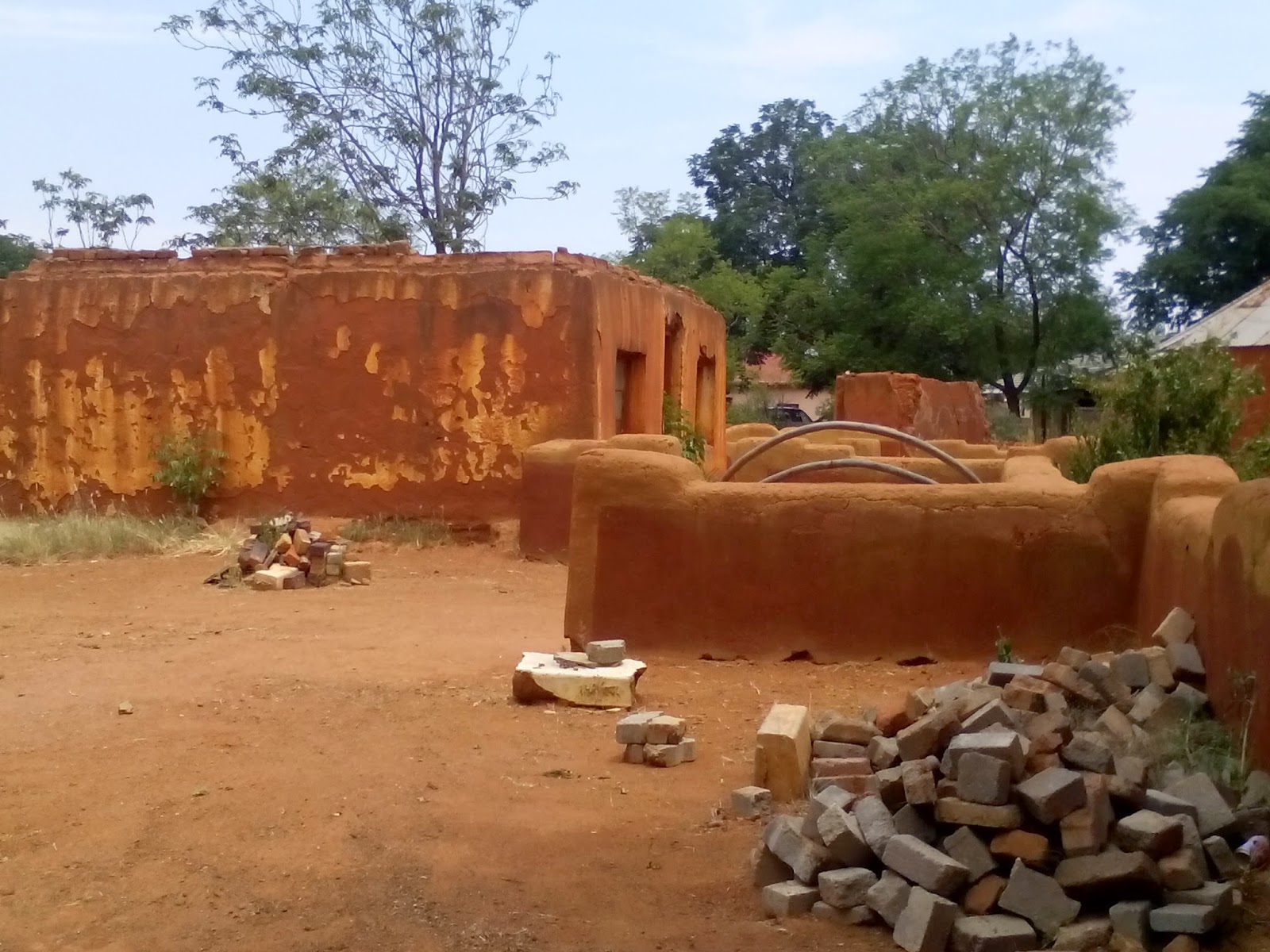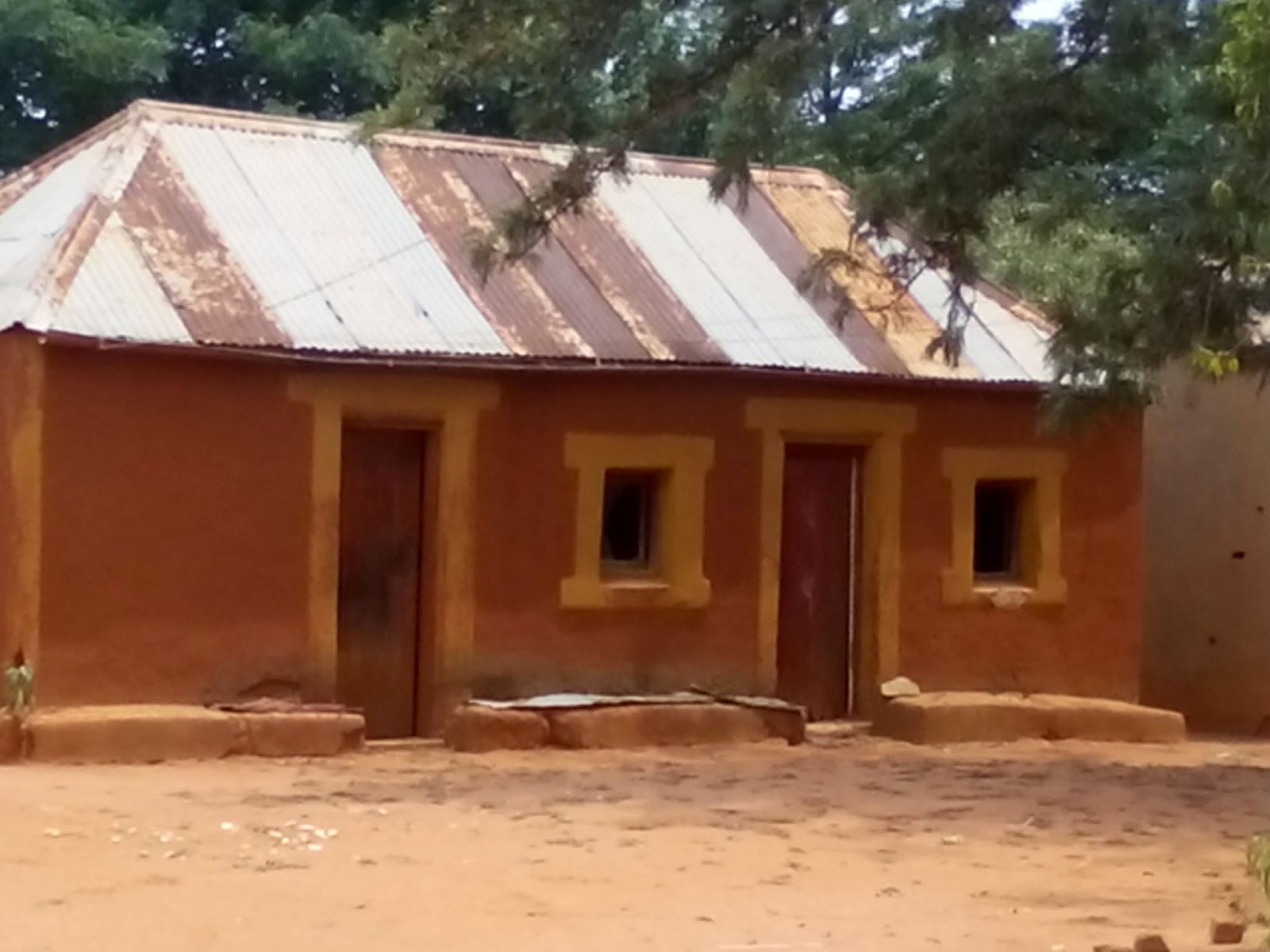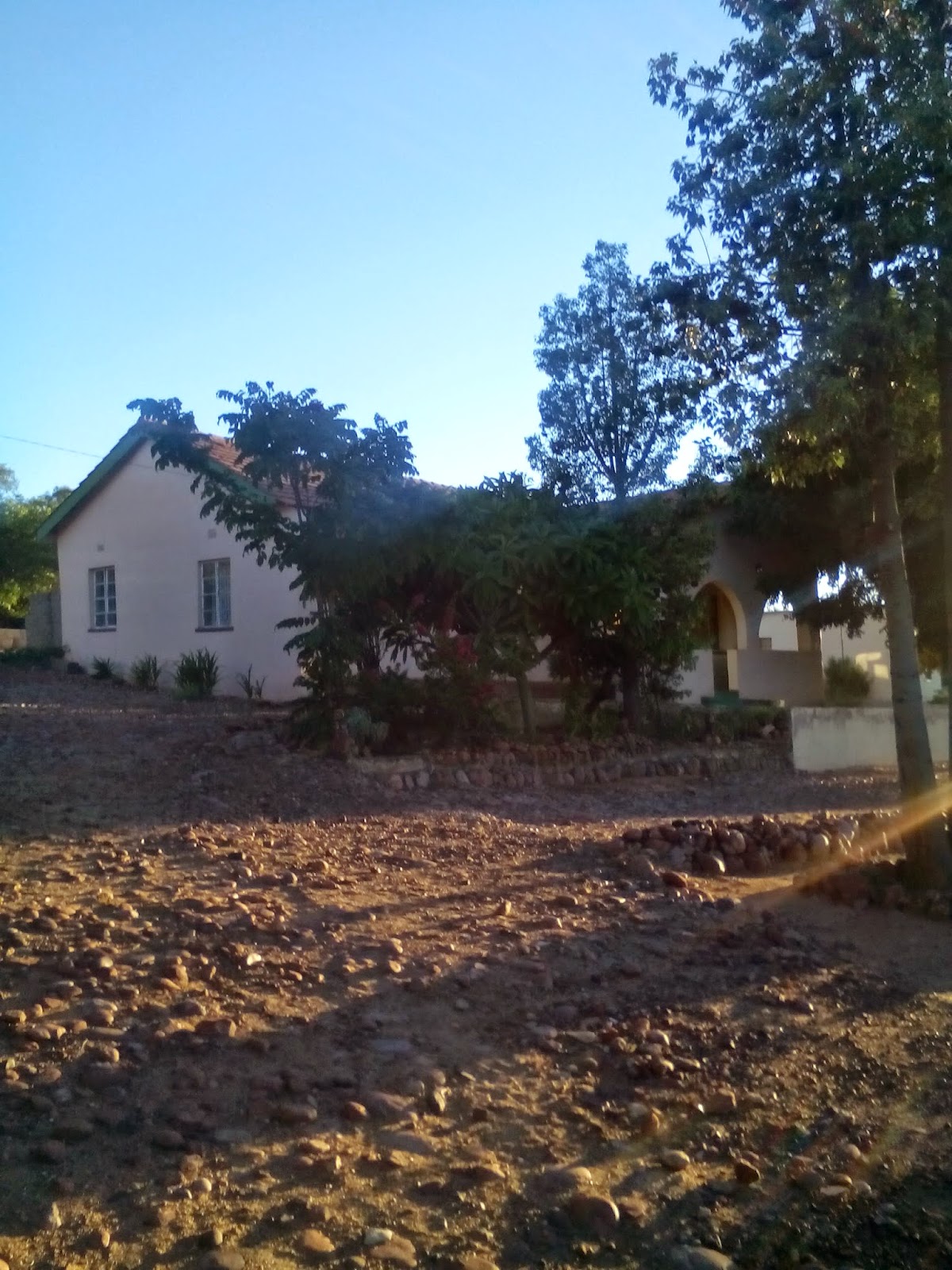''I am a caring woman, an African woman, a woman who loves to write, who loves to make food, who loves appreciating art, who loves to learn...I'm a woman who loves to love.''
This is one out of four student features. What stood out to me about Lorraine was the origin of her name. She does not have a "traditional' Setswana name which to some may be confusing. As international students we are taught that Batswana name their children traditional names and that traditional names are important. I absolutely appreciate that tradition but there will always be a story behind someone's name, a story worth appreciating. Lorraine's name is actually a region in France. Her mother traveled there while pregnant and from that experience she decided to name her daughter Lorraine. Now, Lorraine is studying French as her minor. This small bit of her story was captivating and I had to ask more. So I decided to interview her as a feature and I am happy that I did. Here is more about Lorraine.
Tell me more about who you are...Are you the eldest?
 |
| photo courtesy of Lorraine |
Do you believe in love?
-I do believe in love, with almost all I have. It took a lot of convincing because obviously we grow up with this "Disney Princess" happy ending mentality. We're made to believe that our first love should be our true love but that isn't the case at all in real life. Love takes patience, it takes a lot of faith...love is a lot like life. In love, the main rule is to always be hopeful. I have had some not so great times in love but I guess I was being tested if to stay or go and I chose the latter because really I have nothing to lose and everything to gain. In love there's always a great life lesson. And my greatest life lesson in love was your ability to look beyond being in love with one who is passively in love with you. It taught me a great deal about gratitude and forgiveness and it opened up a true ability to love myself when I have none else to love.
Are you an optimist , a pessimist or indifferent? Etc.
 |
| photo courtesy of Lorraine |
What does your mother mean to you? What kind of woman was she?
-My mother is my first best friend, my shrink when I can't afford to pay shrink bills, she is my light. I have not always stayed with my mother but in the rest of life that I was with her she has made me realize so many things about myself. She never snaps, she is probably the most peaceful woman I know but her word is always firm and direct and from it you can always know what you're doing wrong and then she lets you decide how you want to go about it and if you'd like for her to assist or not. In this way she made me grow up with a sense of "I am responsible for my life". Even if I were to move far from home I'd never have to worry about not being able to make proper decisions. I have been making decision, although then I wasn't aware I was, since I was quite young. I have her to thank for this. My mother then, is my everything. She's a peaceful revolutionist, even with domestic issues... but with life in general.
-I am a caring woman, an African woman, a woman who loves to write, who loves to make food, who love appreciating art, who loves to learn...I'm a woman who loves to love.
Also, tell me more about the 500 portraits of Batswana. Please share updates on your status with this project and any additional photos or websites you may have.
-The 500 #portraitsmarathon was inspired mainly by how beautiful Batswana women are and I just sat down one day and started planning. "Hey, what if I showcased the face of Botswana". I had realised on the internet mainly Batswana are misrepresented so I wanted to show that image of diversity. When you Google "Motswana" or "Batswana" the only portraits is those done by tourists and so obviously they only document what appeals to them. I wanted to make people aware that Botswana is not only limited to The Khoi or The Kalanga but there is a whole wide range of other beautiful people, I'm approaching a 100 right and I'm really excited to complete this project. With enough funds I wish to do an exhibition and later publish a photo-book. This is an amazing adventure for me personally, it's allowed me to really step out of my shell. I am such a reserved person but it has allowed me to open up more...make conversation. Good conversations.
Now you see why I had to dig deeper and learn more about Lorraine. She has so much to offer women, writers, her people and the world overall. Good luck with everything and much success sis.
Now you see why I had to dig deeper and learn more about Lorraine. She has so much to offer women, writers, her people and the world overall. Good luck with everything and much success sis.

















































